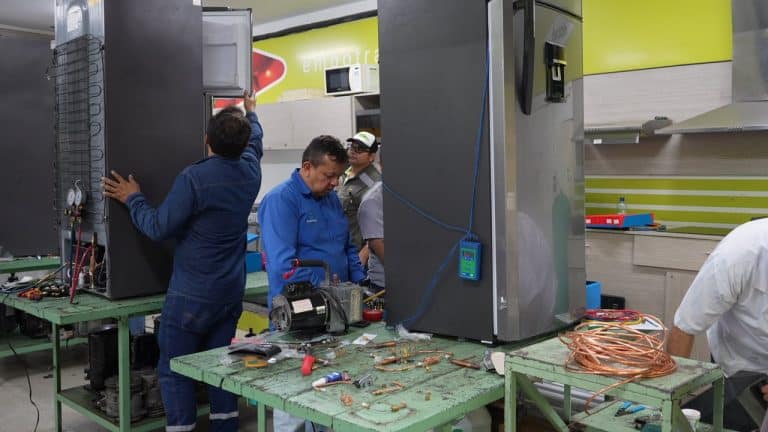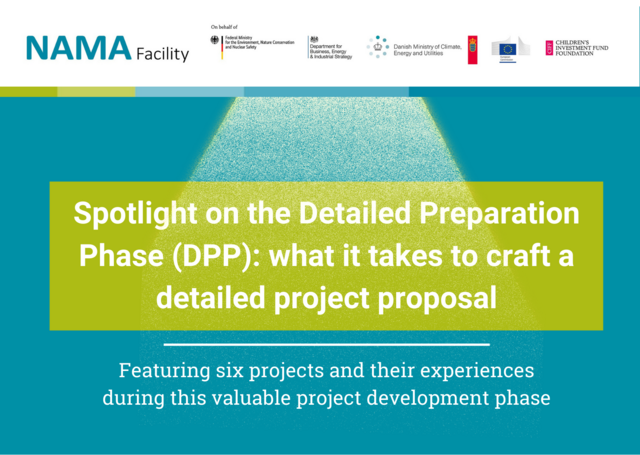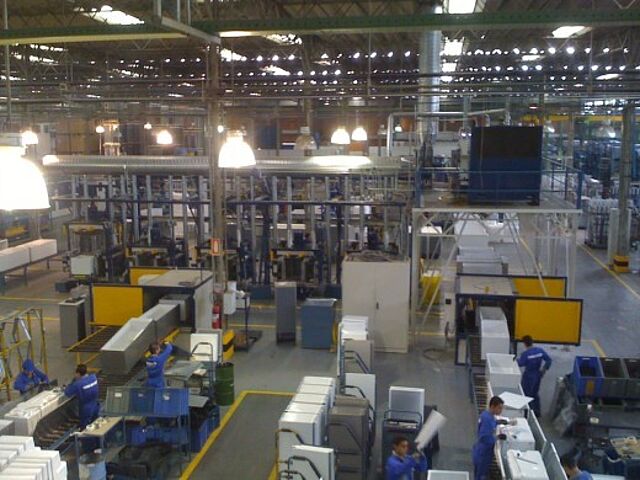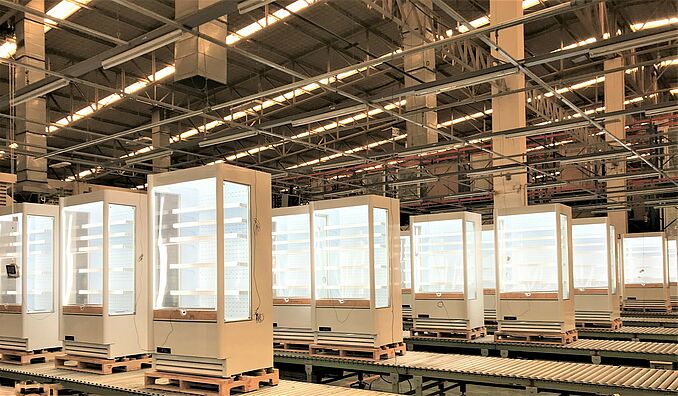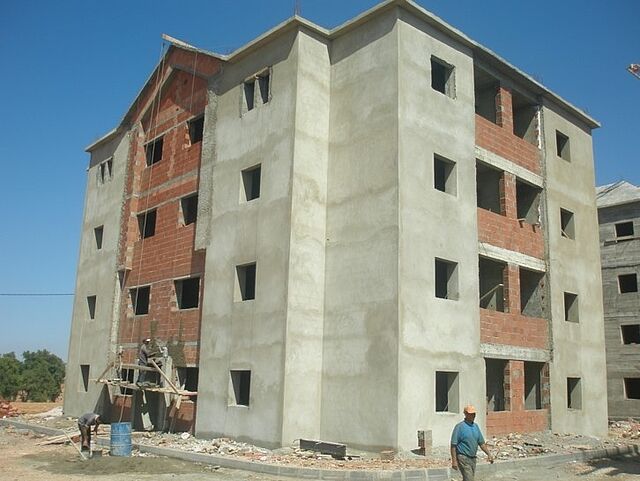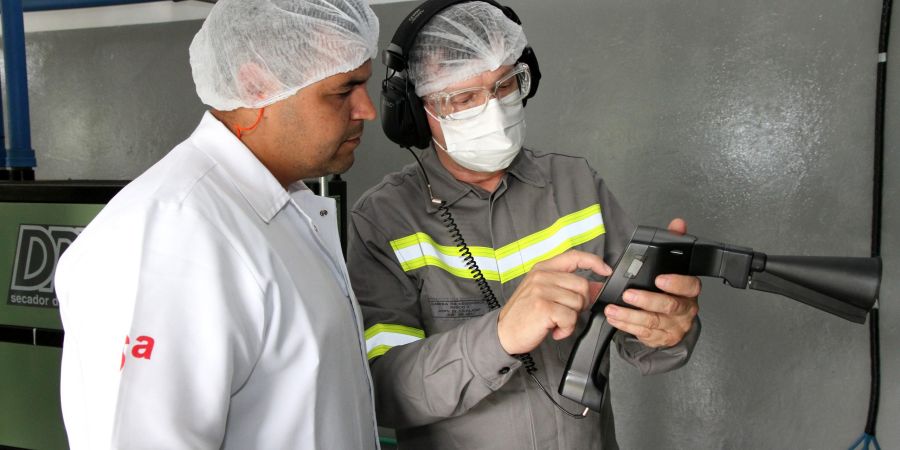
Background: Industry is responsible for one third of Brazil’s final energy consumption and eight percent of the country’s greenhouse gas (GHG) emissions, amounting to 183 million tonnes of CO2e per year. Until now, Brazil’s energy efficiency (EE) market has been negligible, and the vast potential for energy savings remains untapped, despite the existence of federal regulations and programmes, financial mechanisms and a limited degree of technical assistance initiatives.
Approach to Transformational Change: This project aims to promote industrial energy efficiency investments in Brazil and deliver a transformative push to Brazil’s energy efficiency market. PotencializEE focuses on industrial small- and medium-sized enterprises (SMEs) within the region of São Paulo, the supply chain for energy efficiency (including energy service companies, consultants and suppliers) and on public and private financial institutions. It develops local banks’ capacities and enhances their familiarity with assessing and investing in energy efficiency projects, allowing them to offer more attractive financial products. By the end of the project, the energy efficiency service companies and technology providers will be capable of facilitating a steady, low-risk pipeline of energy efficiency projects. It will also support the government to further improve its energy efficiency policies.
Regarding the financial mechanism, (i) EUR 8 million will be allocated to establish a Guarantee Fund within Desenvolve SP (DSP) to unlock the EUR 64 million in loans primarily from the DSP itself but also from private co-financiers during the 1st cycle of the project. The Guarantee Fund is designed to also incentivise thermal EE projects with high GHG mitigation potential and mobilise commercial banks qualified to refinance the EE portfolio; and (ii) EUR 3 million will be used to quality proof all loan requests submitted to DSP.
Mitigation potential: PotencializEE is expected to have directly avoided more than 7,200 GWh for the lifetime of the intervention, saving Brazilian industries around 1.1 million tonnes of CO2e.
Visit the project’s official website [available in Portuguese] to learn more about it.


